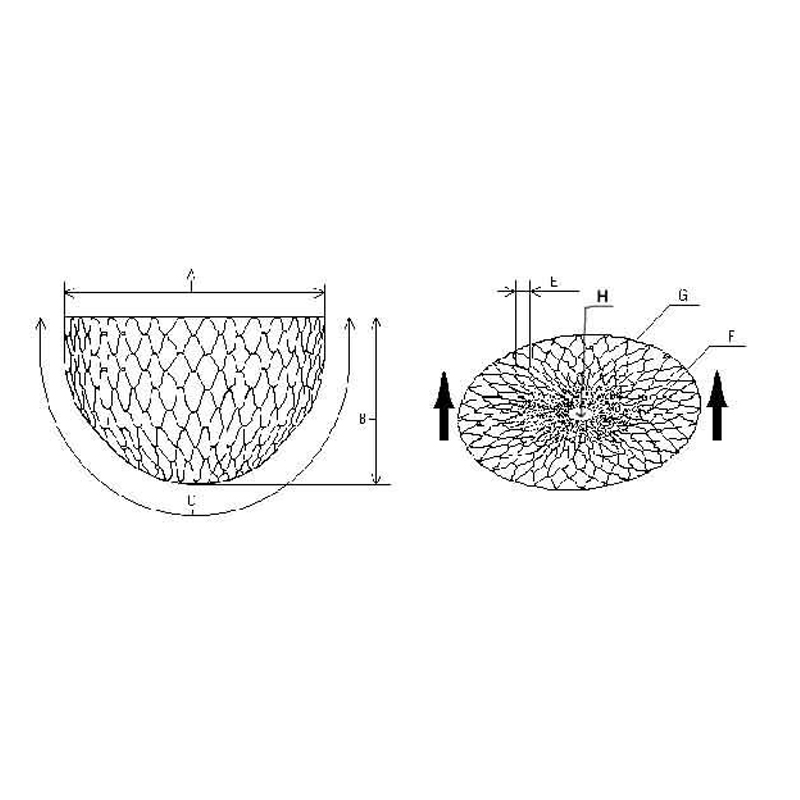
- Mobile Phone
- +8613931874955
- sales@cntcmetal.com
Optimizing Masonry Structures with Reinforcement Mesh Solutions for Enhanced Durability and Strength
Understanding Masonry Reinforcement Mesh Strengthening the Foundations of Construction
In the realm of construction, the integrity and durability of masonry structures are paramount. Masonry, typically composed of bricks, stones, or concrete blocks, is a time-tested method for building robust walls and foundations. However, to enhance the structural performance and longevity of these materials, the incorporation of masonry reinforcement mesh has become increasingly popular. This article explores the significance of masonry reinforcement mesh, its benefits, and its application in modern construction.
What is Masonry Reinforcement Mesh?
Masonry reinforcement mesh is a type of steel mesh used in concrete masonry to improve the overall strength and performance of the structure. Typically made of high-tensile steel wire, the mesh is designed to distribute loads evenly across the masonry, helping to prevent cracking and structural failure. It is available in various sizes and configurations, catering to diverse construction needs.
The mesh is usually integrated into the mortar joints during the construction of masonry walls, acting as a framework that enhances the tensile strength of the masonry. This method is particularly beneficial in both load-bearing and non-load-bearing applications, providing additional support where traditional bricks or blocks might fall short.
The Importance of Reinforcement in Masonry
Masonry structures, while strong in compression, can be vulnerable to tensile forces. This is where masonry reinforcement mesh plays a crucial role. When masonry elements are subjected to bending, shear forces, or seismic activities, these tensile forces can cause cracks and failures. By utilizing reinforcement mesh, construction professionals can significantly reduce the risk of such failures.
Moreover, as urban environments become denser and building requirements evolve, certain masonry structures must withstand greater loads and stresses. The use of reinforcement mesh ensures that these structures can meet modern building codes and performance standards. In seismic zones, for instance, reinforcement mesh is vital for enhancing the ductility of masonry, enabling it to absorb and dissipate energy during earthquakes.
Benefits of Masonry Reinforcement Mesh
1. Enhanced Durability By improving the tensile strength of masonry, reinforcement mesh enhances the overall durability of structures, prolonging their lifespan and reducing maintenance costs.
masonry reinforcement mesh

3. Load Distribution Reinforcement mesh aids in the even distribution of loads, minimizing localized stress points that could lead to failure.
4. Versatility Masonry reinforcement mesh can be used in a variety of applications, including walls, columns, and foundations, making it a versatile choice for different construction projects.
5. Cost-Effectiveness While there is an upfront cost associated with the use of reinforcement mesh, the long-term savings on maintenance and repairs often justify the initial investment.
Applications of Masonry Reinforcement Mesh
The application of masonry reinforcement mesh is vast. It is commonly used in residential buildings, commercial properties, and infrastructure projects. In basement walls, for example, reinforcement mesh provides critical support, helping to withstand hydrostatic pressure from surrounding soil. In façade applications, it enhances the aesthetic appeal while ensuring structural integrity.
Additionally, masonry reinforcement mesh is instrumental in retrofitting older buildings. As structural demands evolve, older masonry structures can benefit from the added strength and stability that reinforcement mesh provides without the need for complete demolition.
Conclusion
Masonry reinforcement mesh is an essential component in modern construction, providing enhanced strength, durability, and safety to masonry structures. As the industry continues to evolve, the importance of such reinforcement techniques will only grow. By integrating masonry reinforcement mesh into building projects, construction professionals can ensure the longevity and resilience of structures, ultimately contributing to safer and more reliable built environments. Whether for new constructions or retrofitting older buildings, the strategic use of this mesh is key to navigating the challenges posed by evolving architectural and engineering demands.
share:
-
Why Sacrificial Formwork Is Redefining Underground ConstructionNewsJun.06,2025
-
The Structural Dynamics of Modern Concrete: How Snake Spacers Revolutionize Flexible ReinforcementNewsJun.06,2025
-
Snake Spacers Smart-Lock Concrete Reinforcement with Surgical PrecisionNewsJun.06,2025
-
Snake Spacers: Reinforcement Precision for Modern Concrete ProjectsNewsJun.06,2025
-
Snake Spacers Powering Concrete's Structural DNANewsJun.06,2025
-
Slither into Success: Snake Spacers' Precision Bite for Unbreakable ReinforcementNewsJun.06,2025
-
Sacrificial Formwork: Building Stronger, Faster, and Safer StructuresNewsJun.06,2025



















